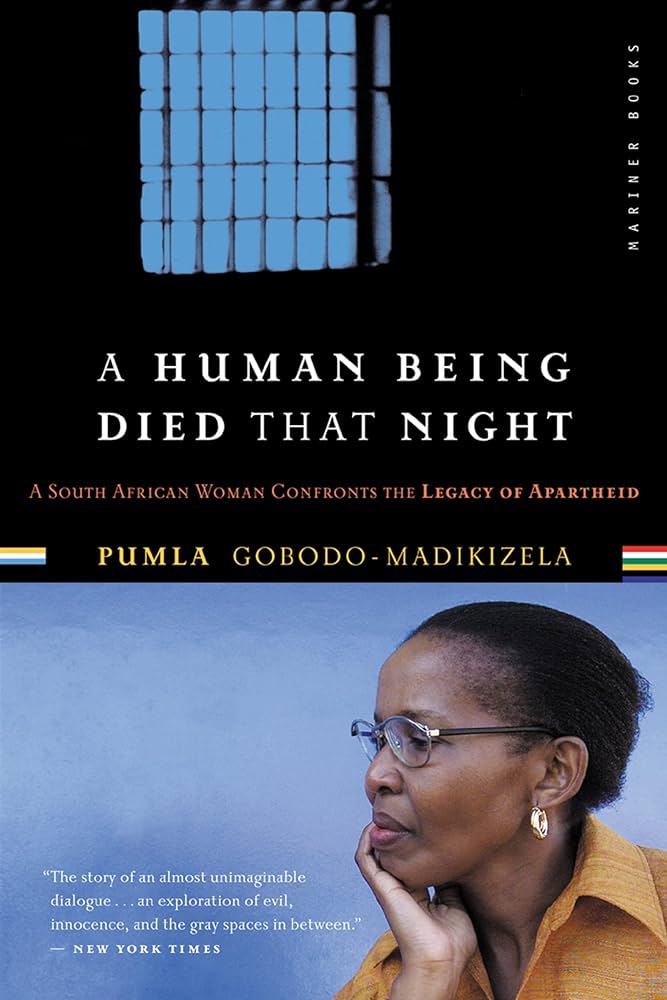
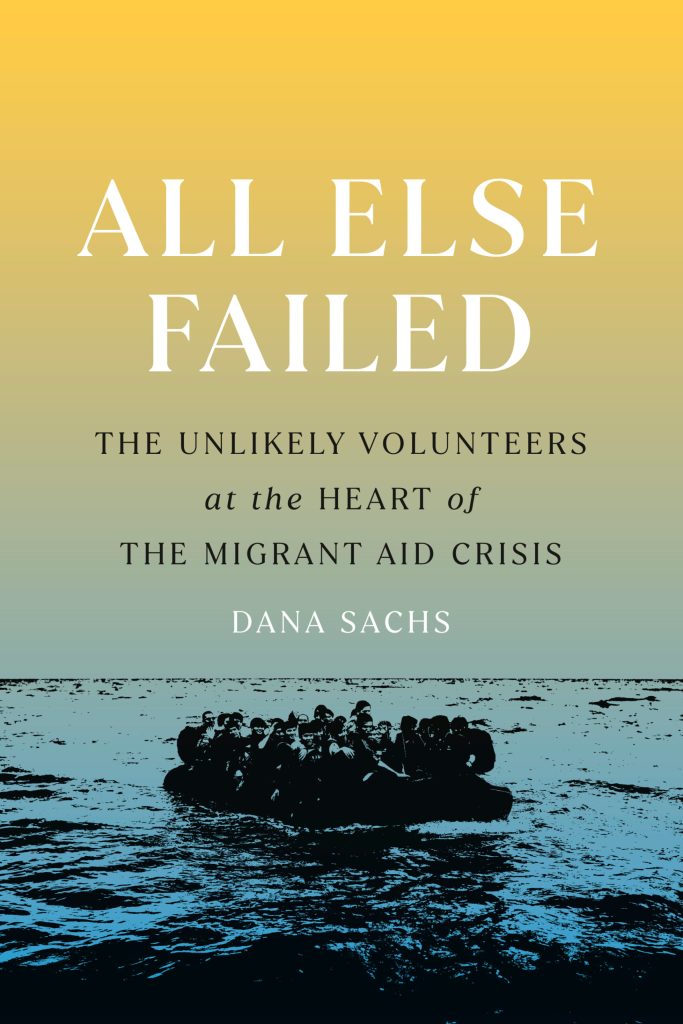
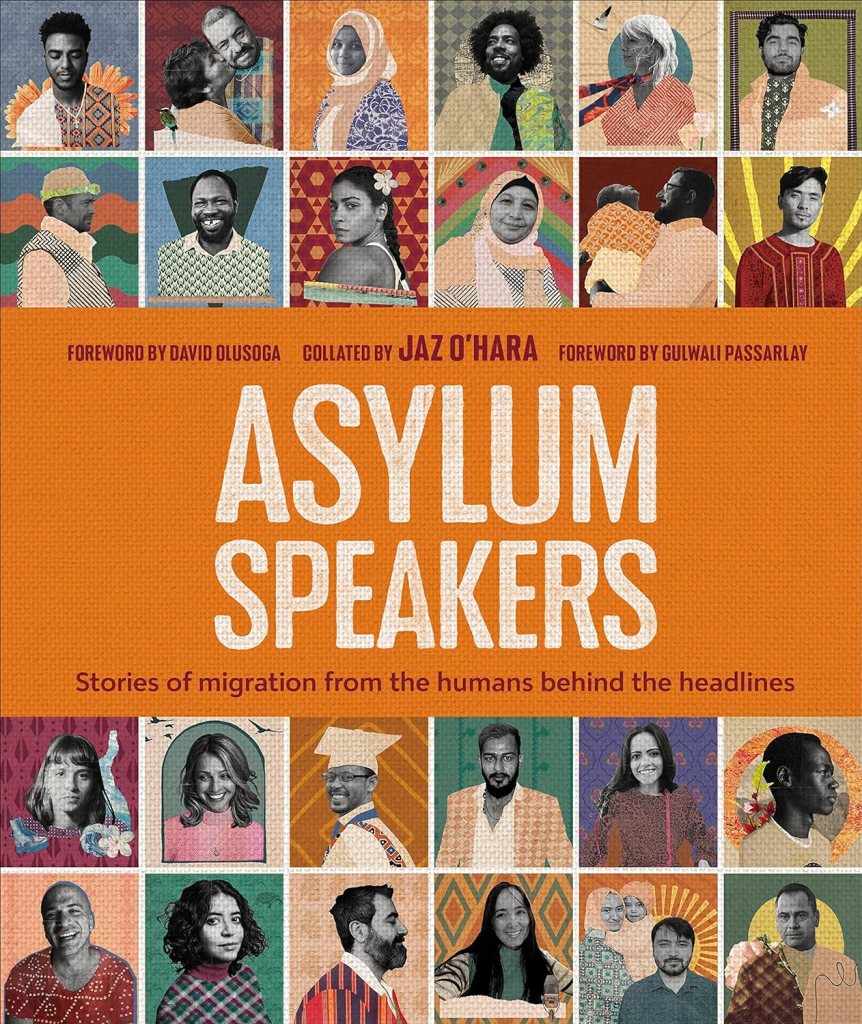
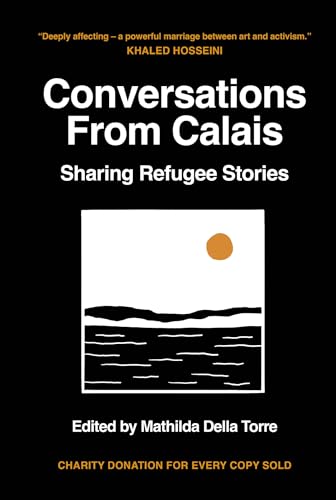
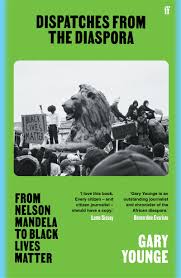
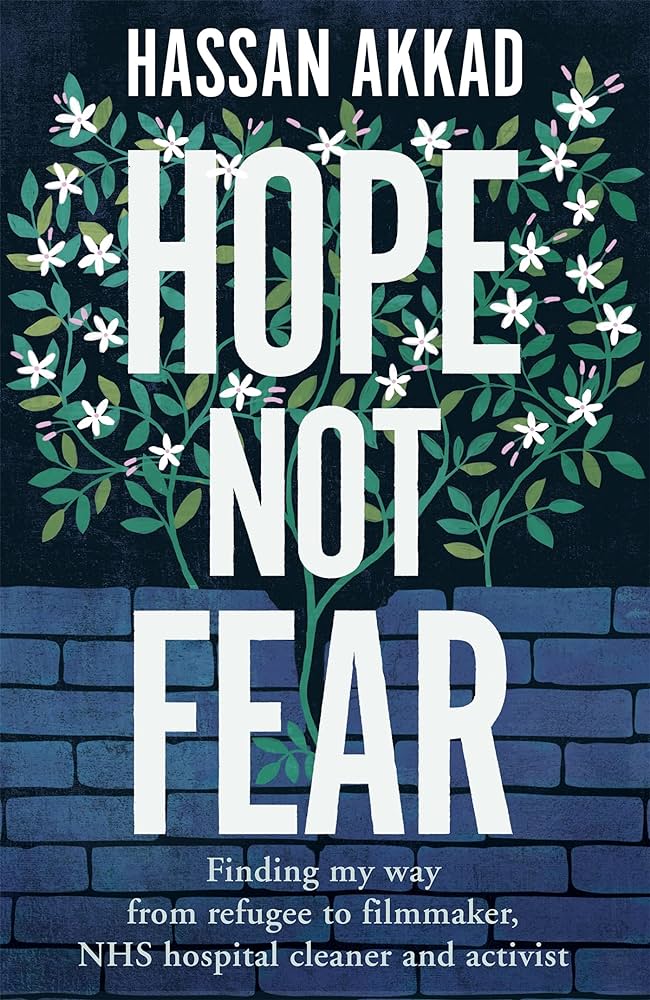
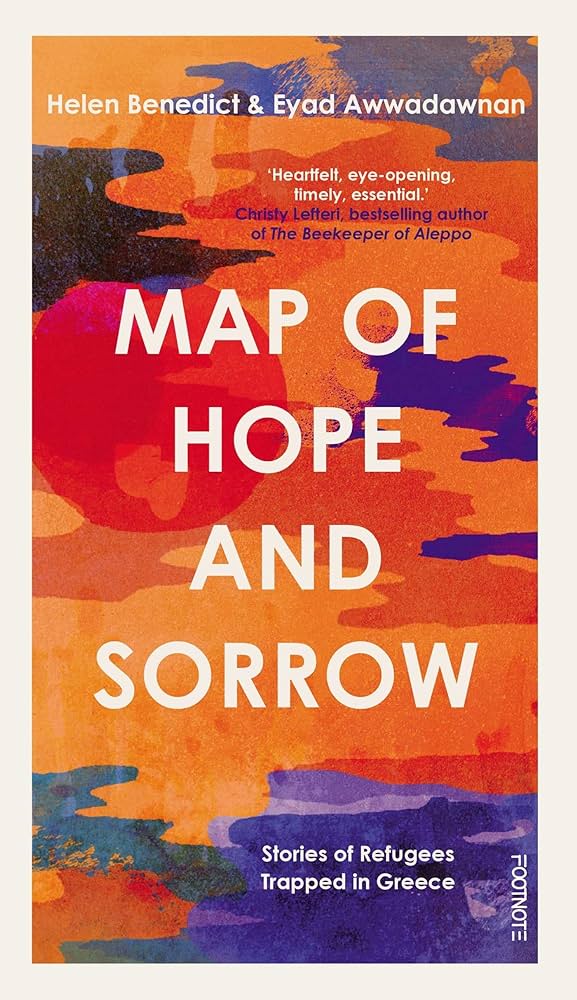
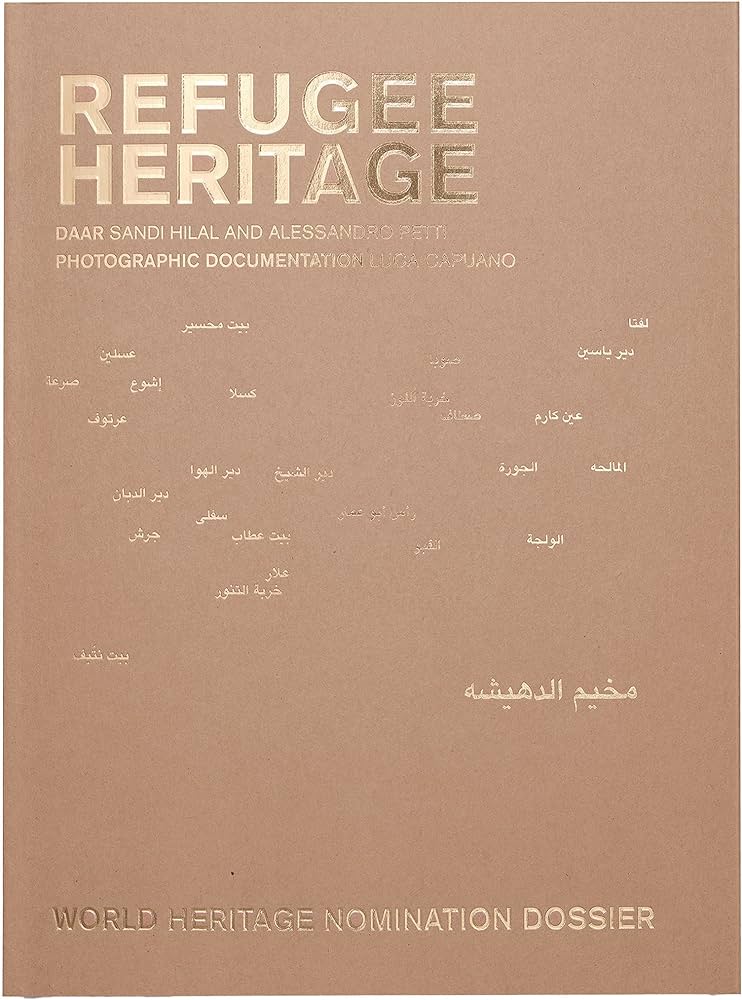
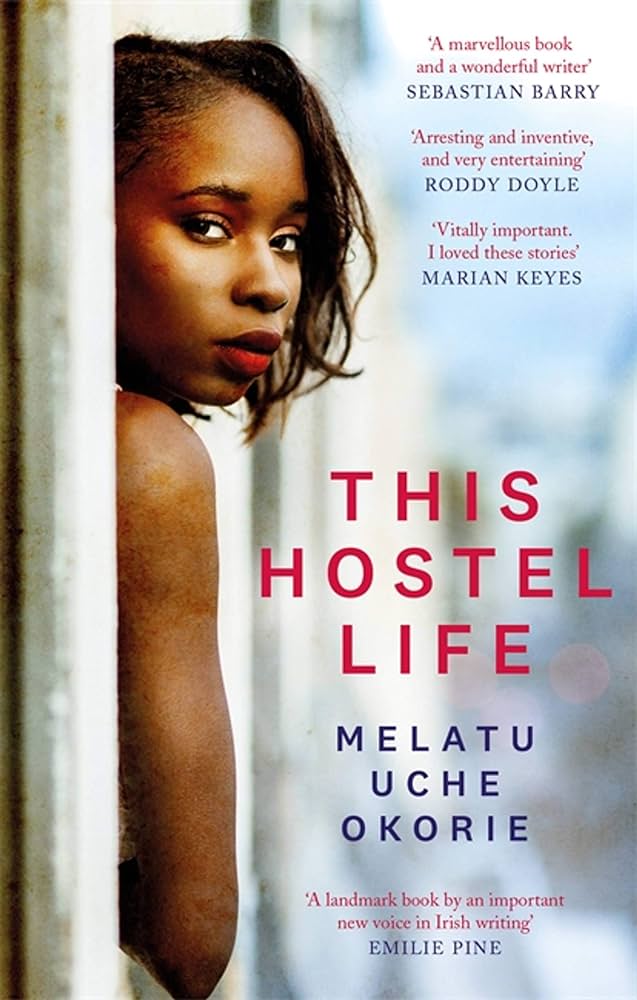
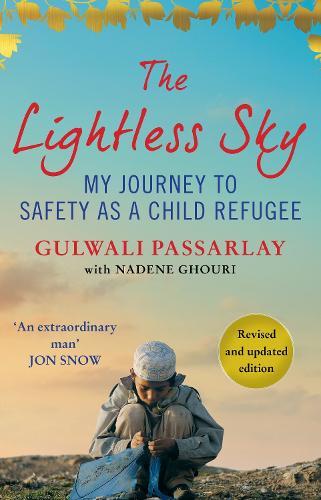
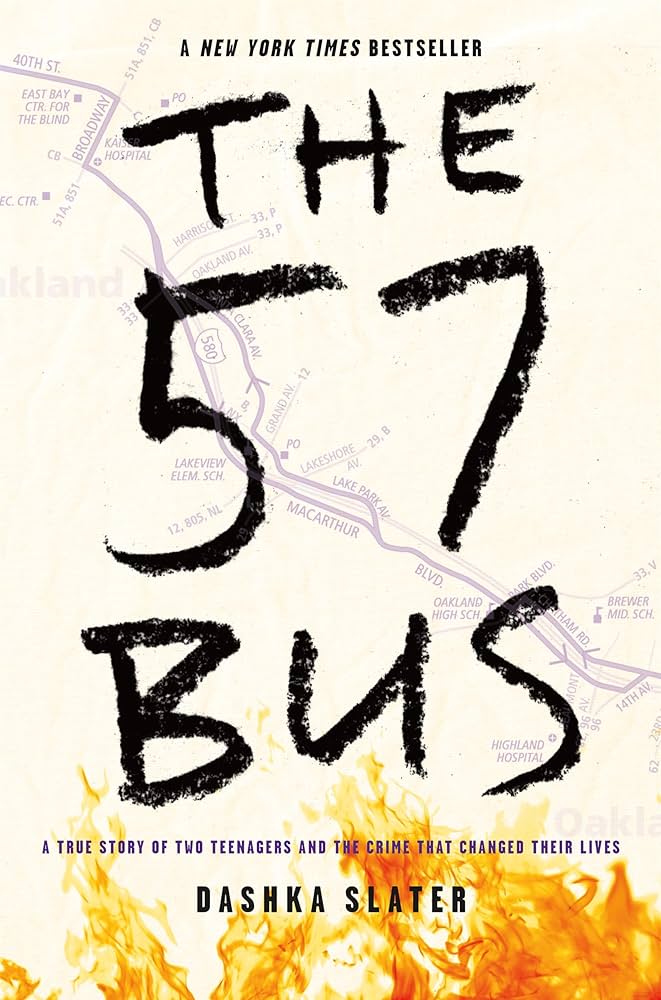
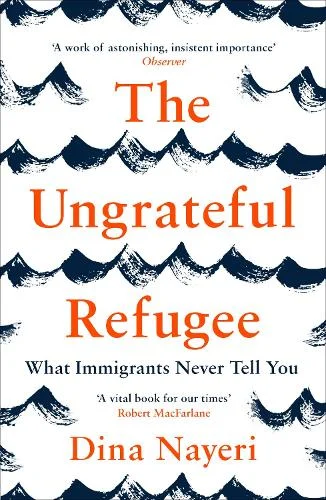
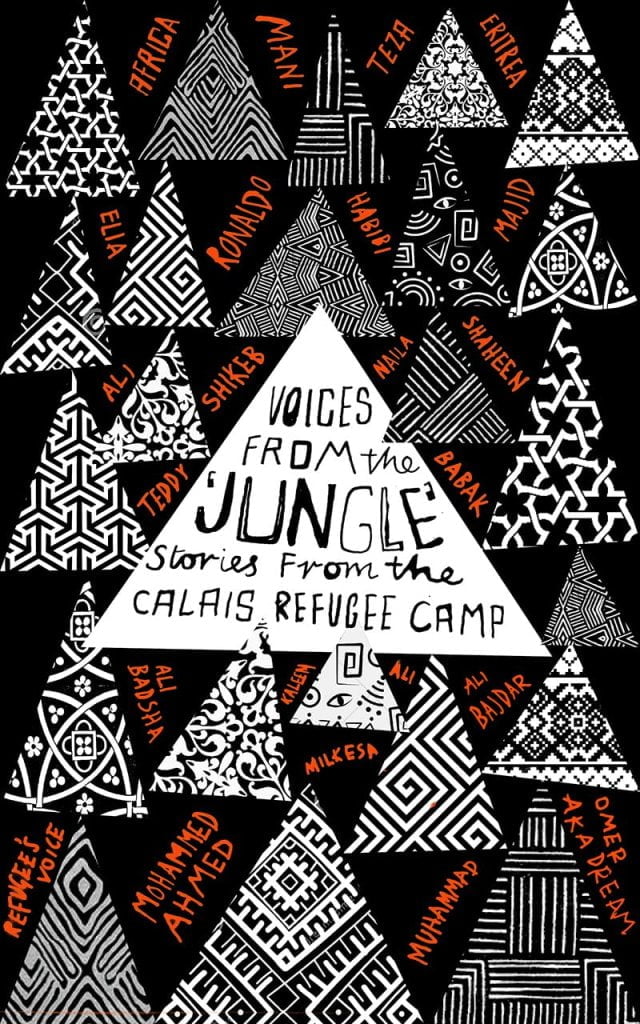
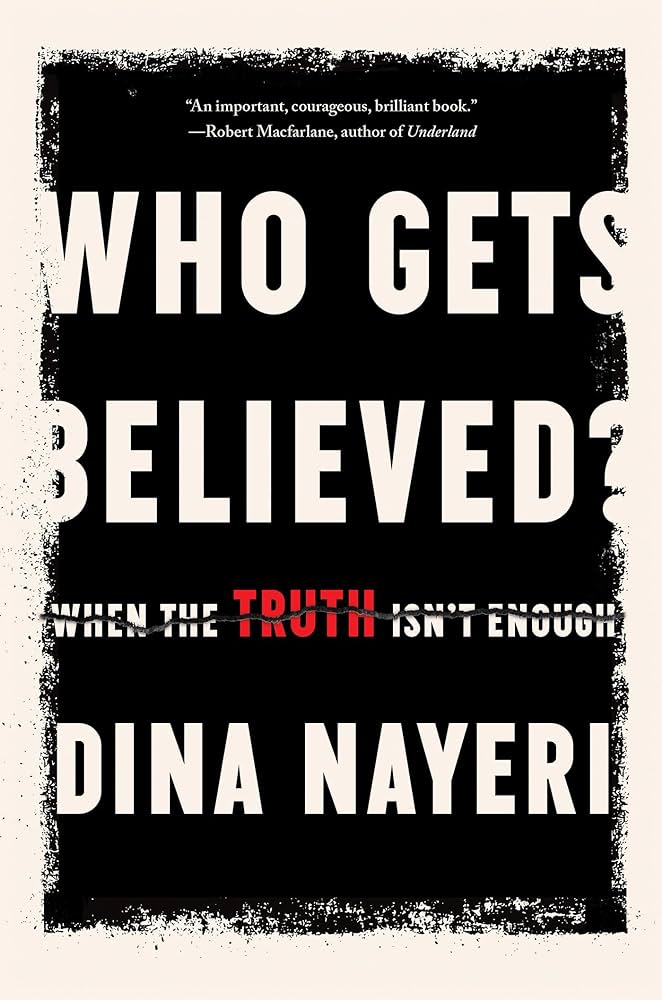
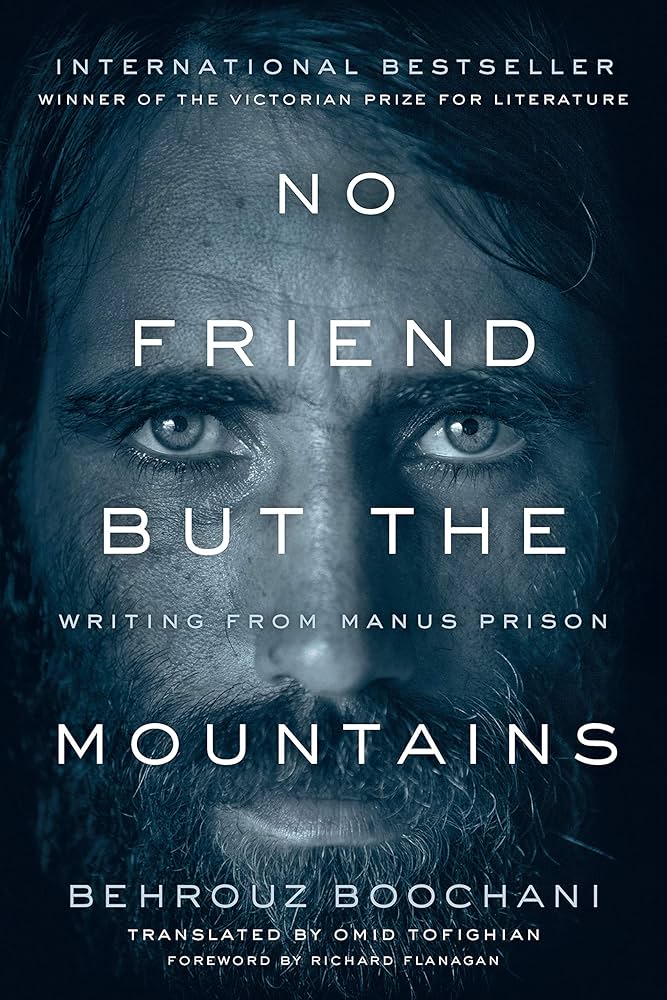
Refugee Week is held annually in June, this year taking place from June 17 to 23, 2024, under the theme “Our Home.” This theme celebrates everything from shared meals to our global home, Earth, inviting all to reflect on the significance of ‘home.’ We’ve showcased our favourite books for Refugee Week.
Read: Atef Abu Saif: Palestinian Authority minister’s Gaza war diaries to be published
“Home can be more than one place and finding it can be a journey, as it is for so many of us who have to leave our countries and rebuild our lives. Sometimes we can find home in a single person. Other times it’s in a whole community. And often, it’s in a single gesture of care and welcome.”
Refugee Week
Refugee Week is a nationwide festival in the UK that honours the contributions, creativity, and resilience of refugees and asylum seekers. The 2023 event highlighted compassion through arts and culture, demonstrating how these mediums can expand our circles of compassion.
National Literacy Trust Refugee Week 2024 resources
The National Literacy Trust has prepared educational resources for children aged 3-14, spanning early years through to Key Stage 3. These resources include virtual author events and classroom activities tailored to different age groups:
- Ages 3-6: Explore “My Name Is Not Refugee” by Kate Milner, engaging in activities that develop literacy skills and introduce the concepts of Refugee Week.
- Ages 6-9: Delve into “Adnan: The Boy Who Helped His Mummy Remember” by Mark Arrigo and Steven Chatterton, illustrated by Diala Brisly, through class discussions and activities that culminate in students crafting their own welcoming messages to their community.
- Ages 9-14: Investigate the theme ‘Our Home’ through a five-part resource featuring works by authors and illustrators like Michael Rosen, Nikita Gill, Ramzee, and Diala Brisly, encouraging students to write reflective pieces on the notion of home.
In addition, a special event for ages 6-9 will occur on June 20, featuring a live discussion on “Adnan: The Boy Who Helped His Mummy Remember,” complete with a Q&A session and linked classroom activities to inspire creative writing.
Earlier in the week, celebrated author and poet Michael Rosen discussed his “On the Move” poetry collection on June 17, sharing insights into his poems about home and inspiring students to use his works as a creative springboard for their own writing during Refugee Week 2024.
Best books for Refugee Week
Books have always been powerful instruments for understanding the world. For millennia, stories have helped us interpret our environment and our roles within it. They deepen our comprehension of others and ourselves. Today, we have access to an almost limitless array of remarkable stories.
- A Human Being Died That Night by Pumla Gobodo-Madikizela. A profound exploration of forgiveness within South Africa’s apartheid history.
- All Else Failed by Dana Sachs. This is a compelling eyewitness account of the successes—and failures—of the volunteer relief network that emerged to meet the enormous need.
- Asylum Speakers by WorldWideTribe. Diverse refugee voices share their compelling, real-life journeys and experiences.
- Conversations from Calais edited by Mathilda Della Torres. Conversations From Calais is a global art movement that captures moments between volunteers and refugees in poster form.
- Dispatches from the Diaspora by Gary Younge. Insightful essays on identity, politics, and culture from a veteran journalist.
- Hope Not Fear by Hassan Akkad. A refugee’s inspiring journey of hope, resilience, and new beginnings.
- Map of Hope and Sorrow by Eyad Awwadawnan, Helen Benedict. Heart-wrenching narratives of refugees’ quests for safety and dignity.
Listen: Renewed: How to start over again – with Repotting Your Life author Frances Edmonds
- Refugee Heritage by Sandi Hilal, Alessandro Petti. A photographic journey of refugee camps as complex cultural heritage sites.
- This Hostel Life by Melatu Uche Okorie. This Hostel Life tells the stories of migrant women in a hidden Ireland.
- The Lightless Sky by Gulwali Passarlay. A young Afghan refugee’s perilous journey to safety across continents.
- The 57 Bus by Dashka Slater. A true account of an agender teen’s life-changing encounter on a city bus.
- The Ungrateful Refugee by Dina Nayeri. A personal and profound narrative challenging perceptions about refugees.
- Voices from the Jungle by Calais Writers. Stories penned by residents of the Calais Jungle, depicting their harsh realities.
- Who Gets Believed? By Dina Nayeri. A compelling exploration of credibility and disbelief in refugee narratives.
- No Friend but the Mountains by Behrouz Boochani. A Kurdish-Iranian refugee’s harrowing ordeal in Australia’s offshore detention.
Books written by and about refugees provide a perspective on the refugee experience, moving beyond the often impersonal depiction seen in the media. Through these personal stories, these books illuminate the human consequences of forced migration and displacement, fostering compassion and motivating action.